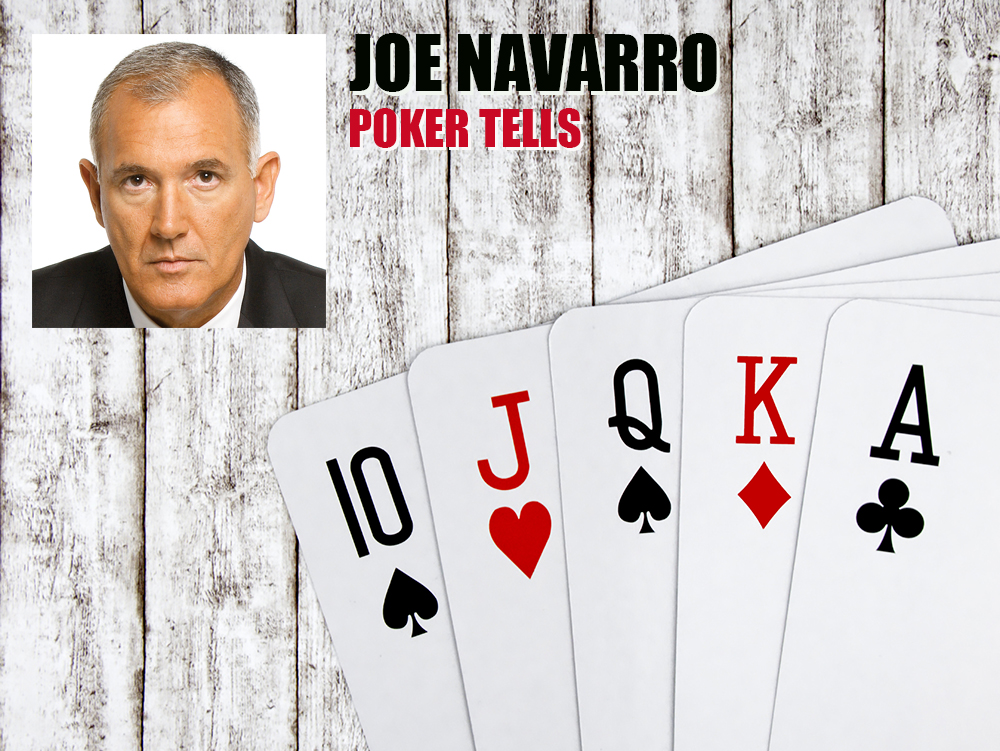I’m often asked how culture affects the reading of tells, but rarely am I asked about how age factors. If you play regularly at a casino, you’ve noticed many players are baby boomers. My generation and I can attest aging affects our body language.
Those familiar with my book Read ’em and Reap, know it’s dedicated to universal behaviors, which can’t be readily faked; they reveal what we feel, think, and even intend in real time. Age does matter when it comes to tells, but only just so.
As we get older, we have less testosterone. This affects our body chemistry, including the makeup of our muscles and our reaction times. This is why some athletes take artificial hormones. What to young people looks like an awfully long time to change a lane in traffic or to look at hole cards is merely a reflection of the natural slowing down of our bodies. But just because we slow down and perhaps no longer have “catlike reflexes” doesn’t mean our bodies don’t show what we’re thinking or feeling. It’s all there; it just sometimes takes time to see it. Keep in mind as we age we’re not affected by things the same way as before.
Players touch their necks when they’re troubled by something, including a rag hand. A young person may reach for that neck instantly where someone later in life may take more time, performing that same behavior at a slower pace. In both instances, the brain is saying, “Please do something to pacify my concern (rub the neck, ventilate the collar, massage the back of the head, etc.)” but with some, it just may take longer. Here’s where patience pays off: You have to look for the behavior to arrive later than expected.
The elderly may show more shaking or quivering of the hands that’s not associated with how they feel about their cards but rather is a reflection of their health. Low blood sugar, stress, fatigue, alcohol, drugs, coffee or neurological disorders can cause the hands or the body to tremble. This is often mistaken for excitement or anticipatory exhilaration. It’s not. This is where context (When am I seeing this?) and “base-lining” (establishing what is normal for this player) will pay off. If we see a behavior, especially a repetitive one (hand-twitching) constantly, most likely it’s physiological or neurological.
Because we lose more precise muscle movements in our hands as we age, often times mature players will accidentally knock over or fumble their chips. So, have fun when you play poker and when you play against someone with lots of gray hair like me, be careful.
— Joe Navarro is a former FBI Special Agent and is the author of What Every BODY is Saying and 200 Poker Tells. He writes about poker tells exclusively for Ante Up Magazine.



